Community Care
There have been pictures floating around social media of powerful and famous individuals smiling with the caption: “this is what depression looks like”
This is such an impactful image. We all do our best to promote the positive versions of ourselves, but it is not a representation of our full dynamic selves. And too often when we aren’t doing well, we hide and pretend we don’t need anyone else and can help ourselves.
And this is not just a message we tell ourselves. We get these messages from external sources as well. When mental health is discussed, we focus on an individual’s self-care. What are you doing to take care of yourself? Are you seeing someone for that? We put the responsibility wholly on the individual who needs help.
Community Care Defined
And while self-care if vital (see our self-care blog). We can’t go it alone. In order for us to receive the support we need, we need a community. Community care is deeply connected to self-care. Community Care highlights the ways in which trauma and healing are experienced collectively. It’s a more holistic approach to fostering well-being. Community care declares that we need people in our lives to recognize when we’re not doing well and help us stay connected, remain resilient, and remind us that things are not going to stay hard forever. We need people to stand up for us when we can’t. When those around you support you, it takes the sole responsibility from the individual and disperses it.
“Humanness is found through our interdependence, collective engagement and service to others.”
Community Care in the Workplace
Community care requires safe and trusting relationships. And as organizational trainers, we talk a lot about supporting companies in building these trusting relationships in the workplace. When we are full time employees, we spend 40 hours (maybe more) out of our week with our colleagues. If we feel like these relationships are empathetic and encouraging, then we can better manage life stressors. If it’s not, then it only adds to our pile of stress we’re trying to manage. The workplace has to start to become a place where we can be ourselves. We may not be able to be the most authentic or goofy parts of us, but our professional selves still need a place to feel at home. This means we need bosses who can recognize our needs and invest in getting those needs met. We need coworkers who are willing to pick up the slack if we are falling short. We need HR reps to advocate for the oppressed, underrepresented, and/or different identities (ex. mental health, race, religious practices, sexual orientation, gender) present. We need to feel seen and validated.
Where do we start?
So how do we foster community care if it requires the participation of others? It is first important to know what you need from others. You have to ask yourself what characteristics, ways of being, or acts of support are helpful for you. For me these individuals are inspired, passionate, motivated, grateful, and open-minded. These individuals name the dynamics that are at play and validate the feelings I may be having. These people are willing to be human with me, and that vulnerability invites vulnerability.
When you are on the community care side trying to support someone else, this could be misconstrued at making assumptions. Assumptions are most likely going to be made, but I’m not asking you to assume what people need. I’m inviting the idea that in order to fully support someone, we must also do our best to walk in their shoes. We need to breathe in their experiences, not as a way to impose judgement or prescriptive ideas, but as a way to listen to what we can do to support those who feel silenced, overwhelmed, or isolated. And then I can ask myself what can I offer someone else that could help them feel more connected and have easier access to self-care?
Below are some creative ways to start thinking about gestures of community care:
- Buy your co-workers a coffee
- On Monday, ask your co-worker about their weekend
- Share a funny story about your day with a co-worker
- Tend to someone who fell silent during the morning meeting
- Venmo someone $5-$10 so they can buy themselves a snack/coffee on you
- Encourage a weekly morning mindful practice for all employees
- Interrupt racist, sexist, ageist, ableist, and gender bias comments and behaviors with other employees
- Notify HR/your supervisor when you witness toxic interactions (be careful not to tattle tale)
- Disrupt channels of gossip, and find other ways to establish connection (learn more about hot-wiring connection by Brene Brown here)
What are some other ways you could see community care playing a role in your workplace? Do you have ways you would like to see more supportive practices integrated? Does your place of work advocate for community care already? And if so, is it working? Talk to us in the comments section below!



